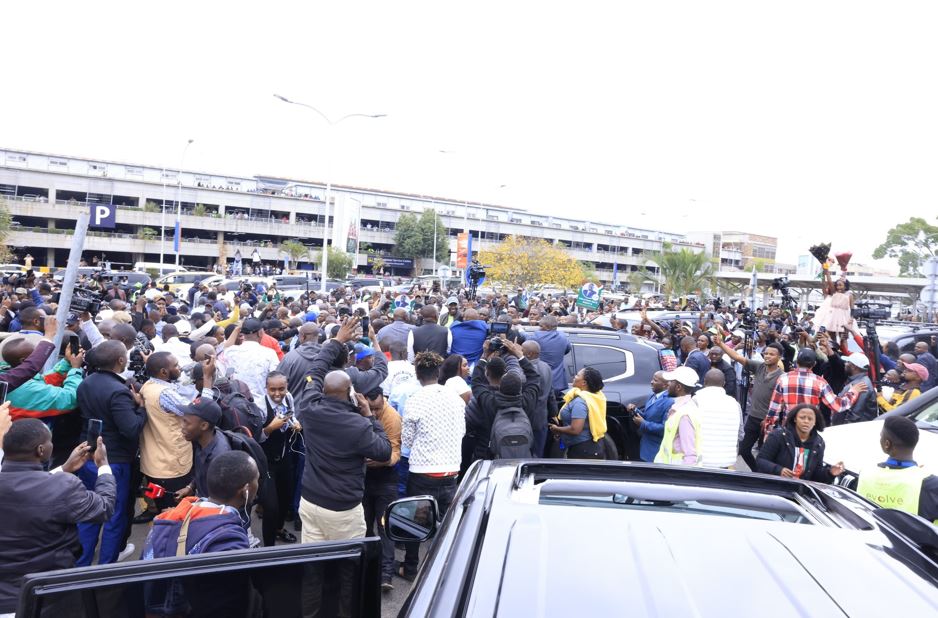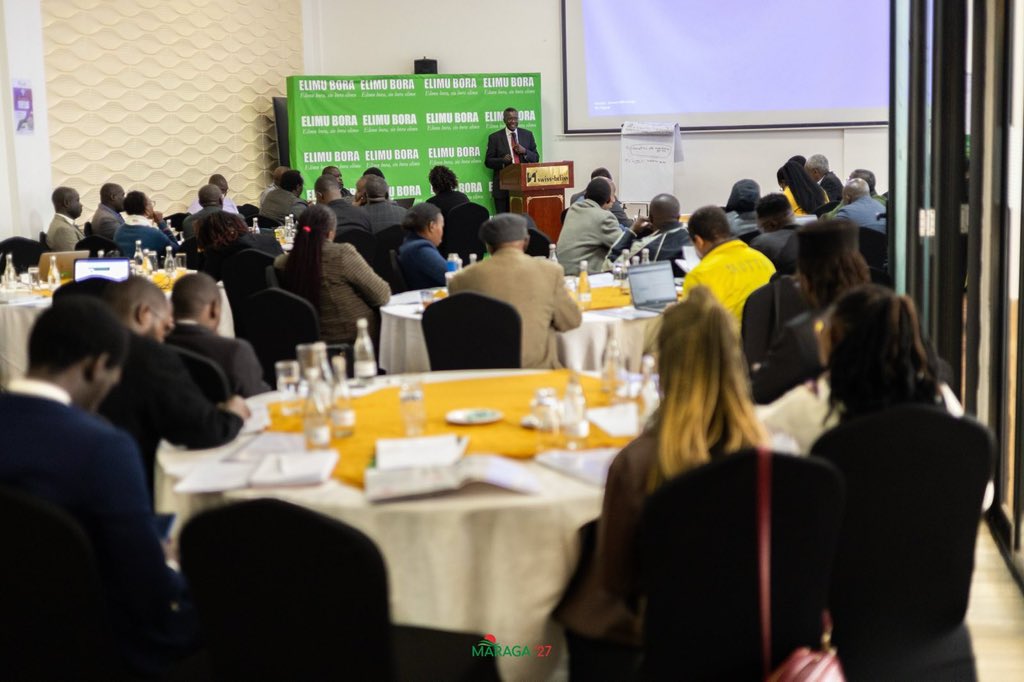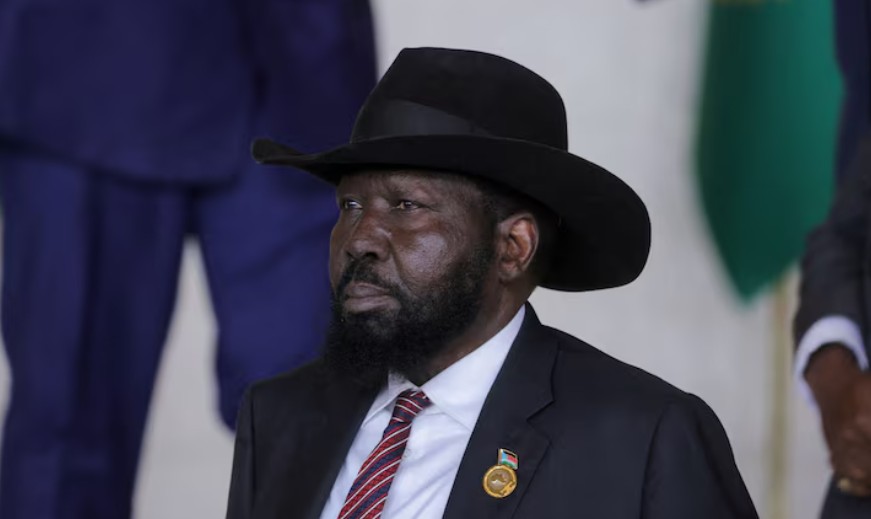IEBC admits boundary review unlikely before 2027 polls

The constitution mandates that the review process should be concluded at least 12 months before a general election.
Kenyans could face a situation where they head to the polls for the 2027 general elections with boundaries unchanged, as the Independent Electoral and Boundaries Commission (IEBC) admits it may not meet the legal deadline for boundary review.
The constitution mandates that the review process should be concluded at least 12 months before a general election, but IEBC has acknowledged it is unlikely to meet this requirement.
More To Read
- Fahima Abdallah elected new IEBC Vice Chairperson
- Kenya's democracy, future in IEBC's hands - CJ Koome
- High Court to rule today on legality of Ruto's IEBC nominees
- Kenyans can directly appoint IEBC when systems fail - Karua
- Tuesday court verdict on President Ruto’s IEBC nominees could reshape Kenya’s electoral path
- Court sets June 23 hearing for petition blocking IEBC nominees' swearing-in over flawed process
In a move to resolve the issue, the IEBC has turned to the Supreme Court for guidance, with the court expected to issue directions on Monday, February 3, 2025.
The country is already grappling with a delay in the reconstitution of the electoral commission, which has been without a full complement of commissioners since the departure of Chairman Wafula Chebukati and other key members in January 2023.
President William Ruto's panel tasked with appointing new commissioners held its first meeting only on Friday, after the appointment of Fatuma Saman and Carolene Kituku, who took their oath of office.
Nelson Makanda was elected chairman, and Lindah Kiome was elected vice-chairperson. The panel has begun calling for applications to fill the vacancies at the IEBC.
Too late
According to IEBC Chief Executive Officer Hussein Marjan, even if the new commissioners are in place by June, it may be too late to complete the boundary review process in time for the 2027 elections.
Marjan explained that to carry out the review, the commission must verify data in the field, a process that is both time-consuming and people-driven.
Commissioners must also oversee public participation, which requires visiting all 290 constituencies, making it nearly impossible to complete the process within the constitutionally mandated time frame.
The country has been without a fully constituted electoral commission for two years, and the new commissioners will also face the challenge of conducting several by-elections, including in Banisa, Magarini, and Ugunja.
The commission will also need to address ongoing voter registration and make institutional reforms.
However, the biggest challenge will be the boundary delimitation process, which could lead to a constitutional crisis.
Chrispine Owiye, the IEBC Legal Services Director, pointed out that the failure to carry out the boundary review by the March 2024 deadline is a "profound breach of the constitution."
According to Article 89(2) of the Constitution, the boundaries of constituencies and wards should be reviewed every eight to 12 years, with the process completed at least 12 months before a general election.
This breach raises questions about the legality of the current electoral units as the country heads into the 2027 elections.
Owiye said that the delay in the boundary review is not the fault of the IEBC but due to external factors, such as the slow pace of appointing commissioners.
He noted that the process should have started in June 2022, six months before the commissioners' terms ended. Constitutional expert Ekuru Aukot criticized the delay as a political manipulation aimed at undermining the electoral process, particularly the boundary delimitation and continuous voter registration.
Aukot placed the blame squarely on the Executive, arguing that it was deliberate and intended to compromise the constitutional process.
Top Stories Today











































